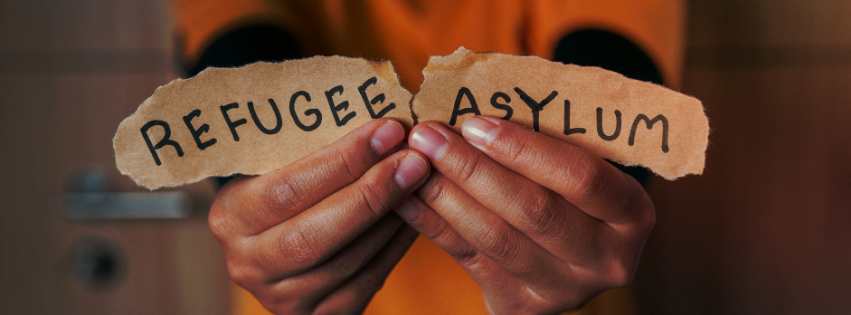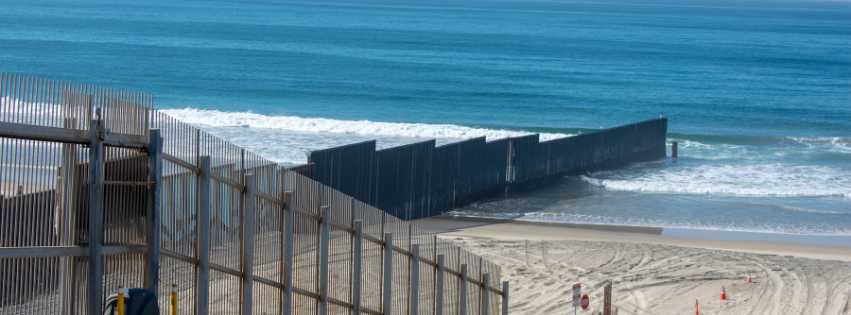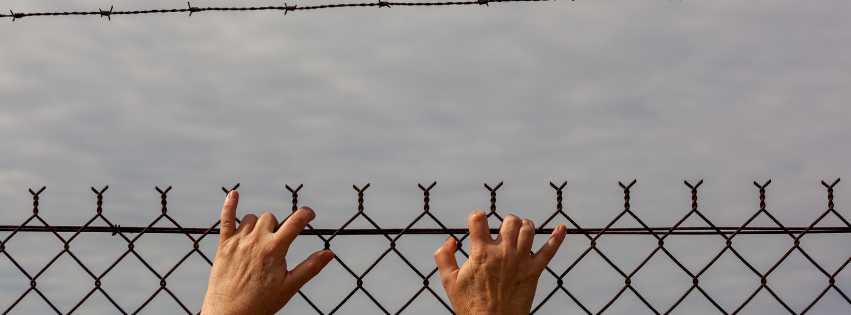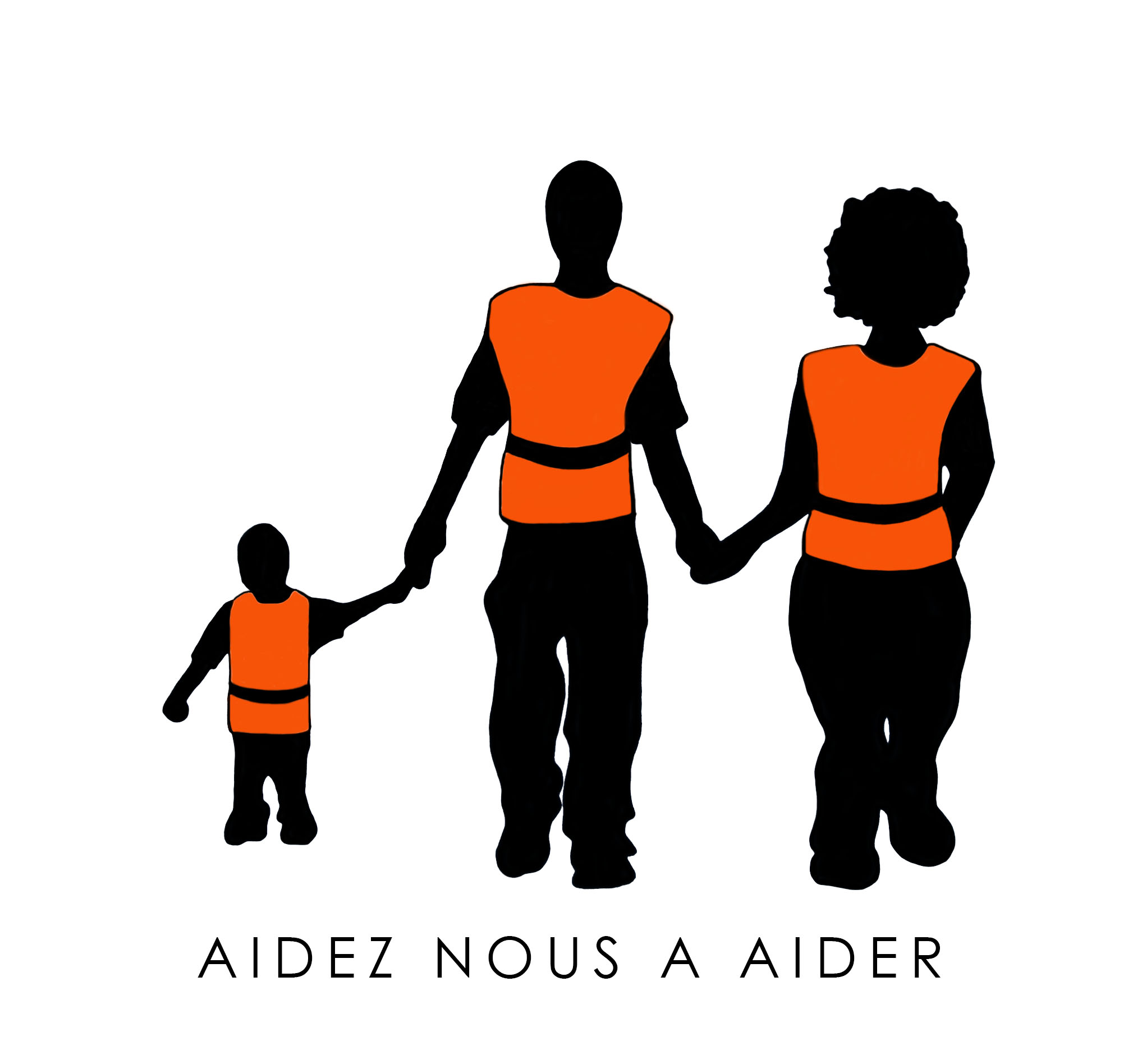In Morocco, the intersection of migration and enforcement policies casts a shadow over the lives of migrants, with detention and deportation shaping their experiences in profound ways. The influx of migrants seeking refuge or economic opportunities often clashes with immigration regulations, leading to detention and, in some cases, deportation. But what exactly happens to migrants deported from Morocco, and how does detention fit into this complex narrative?
Migrants deported from Morocco often confront a myriad of challenges upon their return to their countries of origin or as they continue their migration journey elsewhere. This process is often fraught with uncertainty, as individuals grapple with the prospect of rebuilding their lives in unfamiliar or unstable environments. Immigration deported and came back scenarios are not uncommon, underscoring the complexities of migration dynamics and the limitations of deportation as a deterrent measure. Despite the legal framework provided by the Migration Act deportation procedures, the actual experiences of deported immigrants vary significantly. Some may face social stigma, economic hardship, or even persecution upon their return, while others may find opportunities for reintegration or continue their journey in search of better prospects elsewhere. This wide spectrum of outcomes highlights the need for comprehensive support systems and humane approaches to migration management that prioritize the rights and well-being of migrants throughout the deportation process.
What Happens to Deported Immigrants?
Upon deportation, migrants often encounter a myriad of daunting challenges as they return to their home countries. Reintegration into their communities can be arduous, as deported immigrants may face stigma and discrimination due to their migration history. Economic hardship is a prevalent issue, as many deported individuals struggle to secure employment or access basic necessities upon their return. Limited support or resources exacerbate their plight, leaving them without the necessary assistance to rebuild their lives. This predicament underscores broader concerns regarding the effectiveness and humanity of migration policies. Questions arise about whether deportation truly addresses underlying issues or merely displaces the problem elsewhere. Additionally, the lack of comprehensive reintegration programs or support mechanisms further highlights the inadequacies of current migration governance frameworks. Ultimately, the challenges faced by deported immigrants underscore the imperative for more humane and holistic approaches to migration management that prioritize the dignity and well-being of individuals affected by deportation.
Deportation statistics present a complex and often opaque picture of migration enforcement practices. While some estimates indicate substantial numbers of migrants are deported annually from various countries, including Morocco, the true extent of deportation remains elusive. Inconsistencies in data collection methods, reporting standards, and definitions of deportation contribute to this lack of clarity. Consequently, questions persist regarding the proportion of migrants subjected to deportation measures and the frequency of deportations on a daily basis. This uncertainty underscores the urgent need for transparency and accountability in deportation practices. Clear and standardized reporting mechanisms, coupled with enhanced data collection efforts, are essential to accurately assess the scope and impact of deportation policies. Moreover, greater transparency surrounding deportation decisions and procedures is crucial to ensure that they align with legal standards and respect migrants’ rights. Ultimately, promoting transparency and accountability in deportation practices is essential for fostering trust, upholding human rights, and informing evidence-based policymaking in the realm of migration governance.

Asylum seekers and refugees
Asylum seekers and refugees, individuals fleeing persecution, conflict, or violence in their home countries, often seek protection and sanctuary in host countries, including Morocco. However, despite legal protections afforded to them under international law, they face heightened risks of deportation. This vulnerability stems from challenges in the asylum process, including delays, backlogs, and stringent eligibility criteria, which may result in individuals being denied refugee status or asylum protection. Consequently, asylum seekers and refugees may be subjected to deportation proceedings, even though doing so violates their rights under international law.
The deportation of asylum seekers and refugees raises profound ethical and humanitarian concerns, particularly if they are returned to countries where they face persecution, violence, or other serious human rights violations. Forcing individuals to return to such precarious situations not only undermines their fundamental right to seek asylum and protection but also exposes them to grave harm. Furthermore, deportation can exacerbate the cycle of displacement and insecurity, as individuals may be forced to flee again in search of safety.
Addressing the plight of asylum seekers and refugees requires a concerted effort to uphold the principles of international refugee law, including the principle of non-refoulement, which prohibits the return of individuals to countries where they face persecution or serious harm. Host countries like Morocco must ensure that asylum procedures are fair, efficient, and in line with international standards, allowing individuals to access protection and asylum in a timely manner. Additionally, efforts to address the root causes of displacement and conflict, promote peace and stability, and enhance international cooperation are essential to addressing the humanitarian crisis facing asylum seekers and refugees worldwide.
Also Read: When did the Migration Crisis Start?

Economic Migrants and Workforce Dynamics
Economic migrants, comprising individuals seeking better economic opportunities or livelihoods in countries like Morocco, are often driven by the desire to improve their standard of living and support their families. However, despite their contributions to the labor market and economy, they face deportation risks due to various factors, including immigration violations or economic downturns. Immigration violations, such as overstaying visas or working without proper documentation, may lead to deportation proceedings, exposing economic migrants to the threat of forced removal from the country.
Furthermore, economic downturns or changes in labor market dynamics can exacerbate deportation risks for economic migrants. During times of economic instability or job scarcity, governments may prioritize the employment of nationals over migrant workers, leading to increased enforcement of immigration laws and deportation measures. This can disproportionately affect economic migrants, who may find themselves targeted for deportation as a result of broader economic challenges facing the country.
The deportation of economic migrants highlights broader issues of labor migration and workforce dynamics in Morocco. It underscores the complex interplay between labor supply and demand, migration policies, and economic conditions. Additionally, it raises questions about the treatment of migrant workers and the need for fair and equitable labor practices. Efforts to address these issues require comprehensive approaches that balance the needs of migrant workers with the interests of the host country’s economy. This may include implementing measures to regularize the status of migrant workers, providing pathways to legal employment, and ensuring adequate protections for their rights in the workplace. Ultimately, addressing the deportation risks faced by economic migrants necessitates a nuanced understanding of labor migration dynamics and a commitment to upholding the rights and dignity of all workers, regardless of their immigration status.
Also Read: What are the pushback factors for Morocco?

Detention and Deportation
Detention and deportation are intricately linked components of immigration enforcement policies, with detention often preceding deportation in many cases. When migrants are apprehended for immigration violations or deemed deportable, they may be placed in immigration detention centers while awaiting deportation proceedings. This detention period can be prolonged, adding to migrants’ uncertainty and vulnerability as they navigate the complex legal and administrative processes involved in deportation.
For migrants detained in immigration detention centers, the experience is marked by confinement, isolation, and uncertainty about their future. Many endure harsh conditions, overcrowding, and limited access to basic necessities, exacerbating their sense of vulnerability and distress. Additionally, detainees may face challenges accessing legal representation or understanding their rights, further compounding their uncertainty and anxiety.
Detention serves as a means of control and deterrence in the immigration enforcement system, with authorities often using it to manage and process deportable individuals. However, detention can also have severe psychological and emotional impacts on detainees, particularly those who have experienced trauma or persecution in their home countries.
Moreover, the prolonged detention of migrants awaiting deportation proceedings raises ethical and human rights concerns. Detainees may languish in detention for extended periods, sometimes indefinitely, without a clear resolution to their cases. This prolonged uncertainty can take a significant toll on their mental and physical well-being, leading to heightened levels of stress, anxiety, and despair.
As Morocco grapples with migration challenges, addressing detention and deportation practices is paramount. Transparency, accountability, and respect for human rights must guide immigration enforcement efforts to ensure the dignity and well-being of all migrants.
In conclusion, detention and deportation represent stark realities for migrants in Morocco, shaping their experiences and shaping migration dynamics in the region. As policymakers and advocates navigate the complexities of migration governance, safeguarding the rights and dignity of migrants must remain a top priority.

